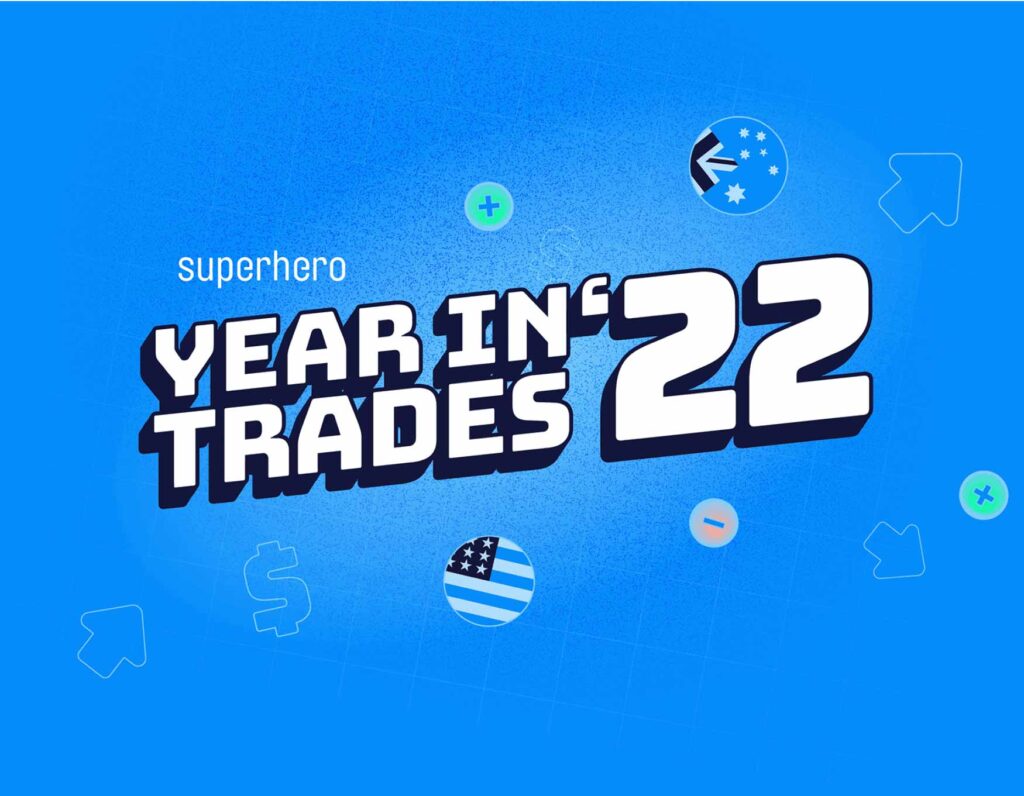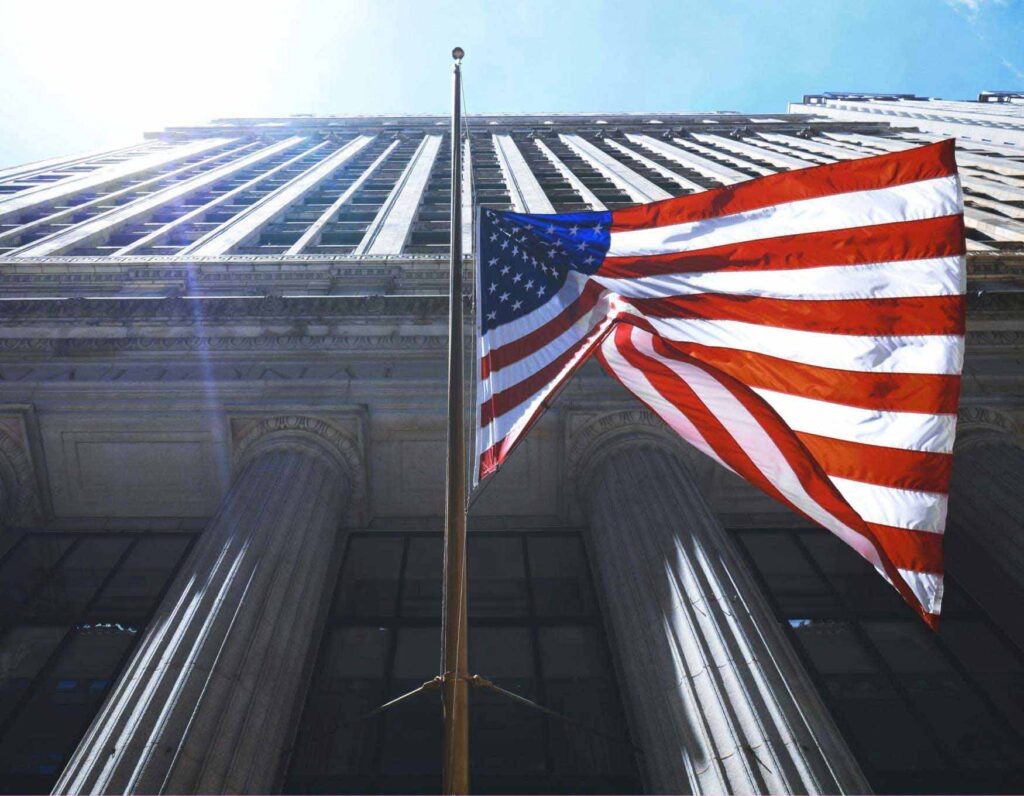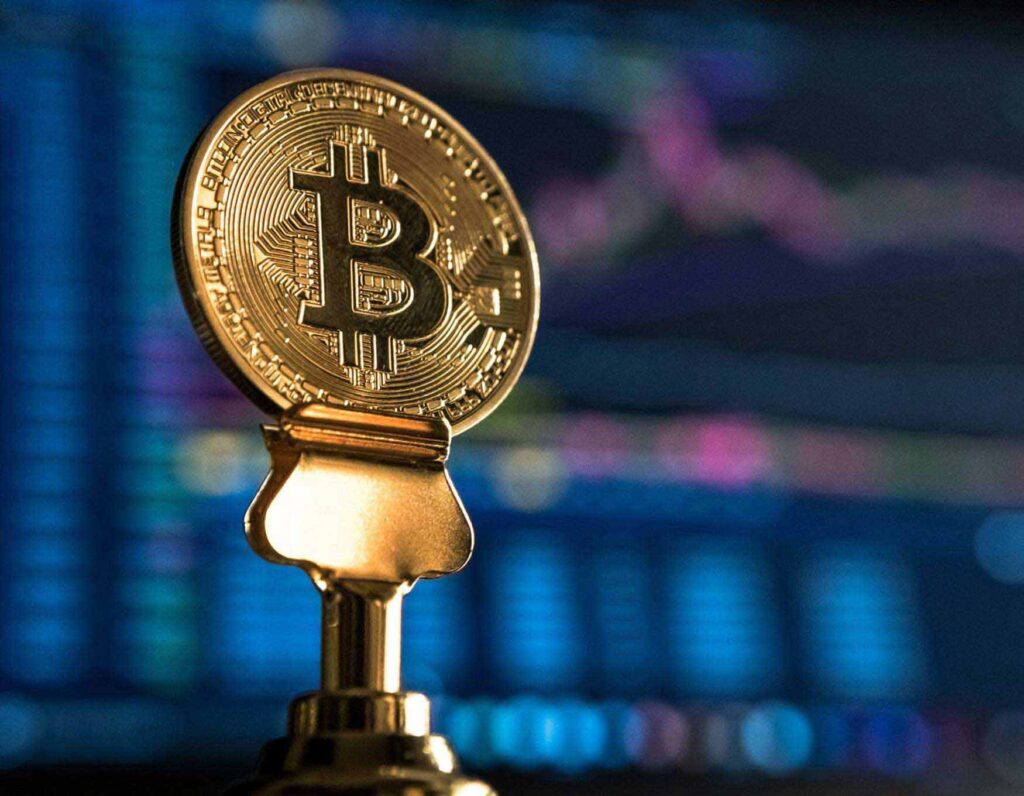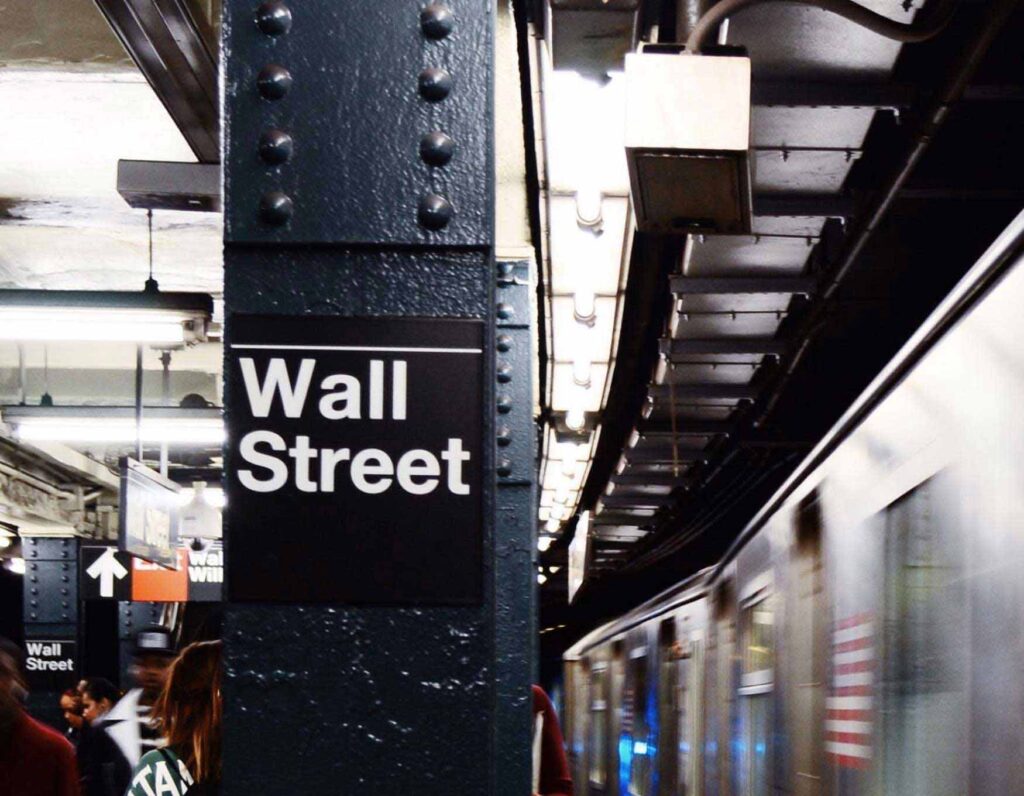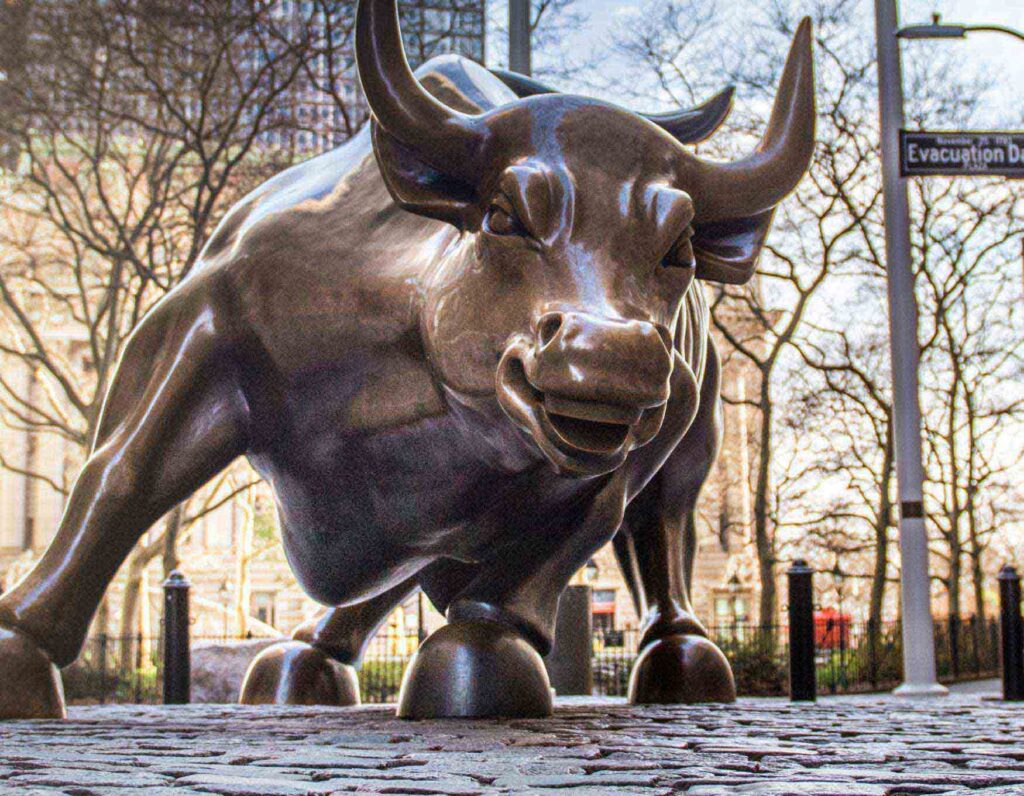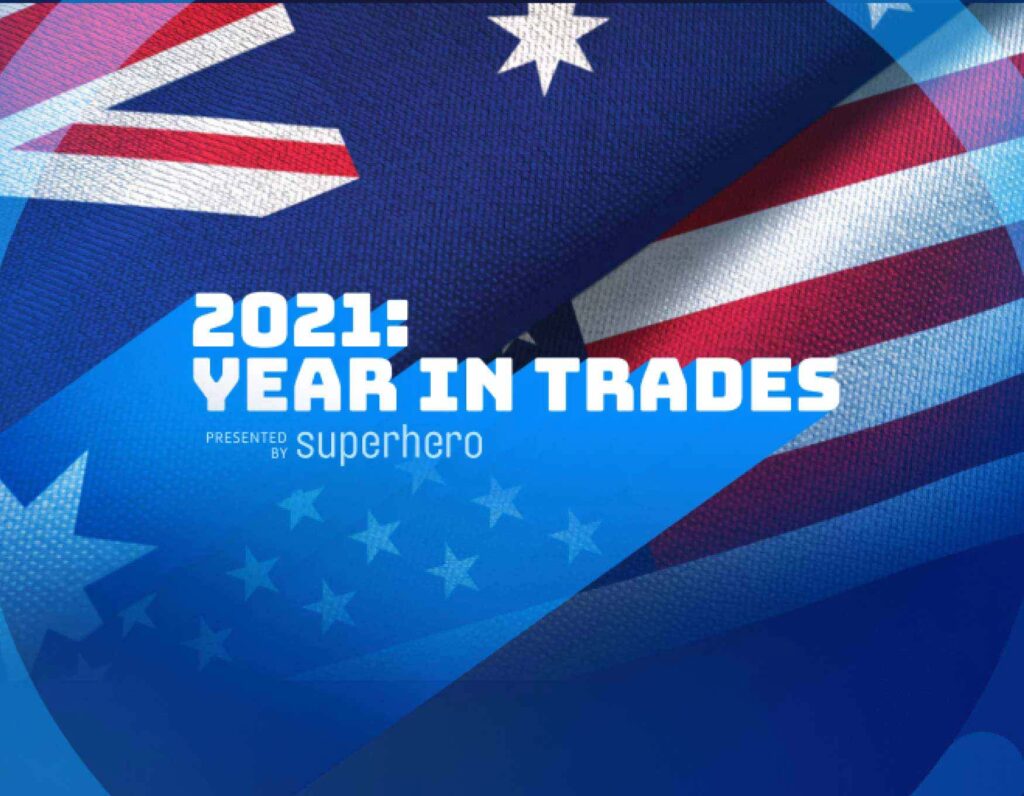Scan this article:
Landmark pre-Christmas sales like Black Friday and Cyber Monday look like they could be the biggest ever this year as cashed up consumers get ready to spend like never before.
More than 18 months on since the global pandemic was declared, Australians have saved $230 billion between them. As the country reopens and retailers begin their largest sales of the year, economists are tipping that it could set off a shopping spree for the record books.
Over the next few days Australians are expected to spend a combined A$5.4 billion. Overseas those figures are even more impressive. In the United Kingdom, Brits are set to splurge more than three times that figure.
Americans meanwhile are on track to splash an astounding US$36.4 billion (A$50.36b) over the five days stretching from Thanksgiving on Thursday. To break that down, U.S. shoppers are projected to spend more than A$400 million every single hour of the long weekend, or around A$7 million each minute. For five whole days. It is welcome news given consumer spending making up as much as 70% of the U.S. economy and roughly half of Australia’s.
Online shopping is expected to help drive much of that growth, with as much as a fifth more expected to flow through online checkouts this year compared to last.
China has already begun to enjoy those spoils. Shoppers spent a record US$84.5 billion (A$117 billion) during Singles’ Day, despite the government tightening its grip on online giants and discouraging excessive shows of wealth.
Black Friday sales in the U.S.
Despite the anticipated splurge, the retail sector is a mixed bag heading into Black Friday sales.
On Wall Street, major consumer brands have so far had a charmed run. Nike (NKE) has reset its record high and is up a whopping 15% in the last two months. Lululemon (LULU) meanwhile has climbed more than 7% in the last month to hover around its own all-time highs while Apple (AAPL) stock has risen by roughly the same margin in the last five days alone.
Many retailers have followed suit with department store chain Nordstrom (JWN) and e-commerce giant Amazon (AMZN) both up around 8% since late October.
Few hold a candle to Bed Bath and Beyond (BBBY) however. The stock is up more than 54% in the last four weeks, after being on a downward trajectory since June.
Not that the experience has been universal. Despite having had a far stronger 2021, rival eBay (EBAY) has hit a snag with its stock price falling more than 11% through November.
GoPro (GPRO) has had an even more turbulent time. While it’s up almost 20% for the month, it has been sold off sharply this week as investors rush to take profit ahead of sales.
Walmart (WMT) and Target (TGT) meanwhile have fallen slightly, ostensibly because they has pledged that they (eg. shareholders) will absorb the extra costs associated with supply chain disruptions. But by keeping prices low, each may well carve up a greater piece of the market pie as price pressures hit smaller competitors.
Payment providers are ironically watching investors sell off at the same time they hope buyers will flood their platforms. Checkout provider PayPal (PYPL) is down more than 23% in the last month with its share price lower now than it was 12 months ago. Competitor Square (SQ) is similarly struggling. It’s down around 20% in the last month and looks on track to end the year not far from where it began.
By contrast, ecommerce platform Shopify (SHOP) has continued its run higher, rising 10% since late October. Its stock price is currently hovering at near record highs.
Aussie retailers
Despite the headline savings figure, the Australian sector has had a far more muted lead-up to the shopping season.
Retail darling JB HiFi (JBH) is up around 2% in the last month as is Wesfarmers (WES) – the parent of Kmart, Target, Bunnings and more. Harvey Norman (HVN) is interestingly one of the best recent performers, up 3.43% since last month.
Online disruptors on the other hand are well discounted on their previous highs. Kogan’s (KGN) share price is languishing below $9 having fallen more than 16% in the last month alone. Online furniture store Temple and Webster (TPW) – which has tripled in value over 2020 – has similarly fallen 14.5%.
Buy now pay later (BNPL) platforms like Afterpay (APT) and Zip (Z1P) have been smashed by double-figure declines in the last 30 days as the threat of regulation raises its head.
With the RBA to allow retailers to pass on costs to customers who insist on using BNPL, investors appear to be passing on them.
But all will be closely watching to see where customers choose to spend over the next week.

Become a part of
our investor community
Why you should join us:
- Join free and invest with no monthly account fees.
- Fund your account in real time with PayID.
- Get investing with brokerage from $2. Other fees may apply for U.S. shares.
Read our latest articles
Make knowledge your superpower and up your skills and know-how with our news, educational tools and resources.

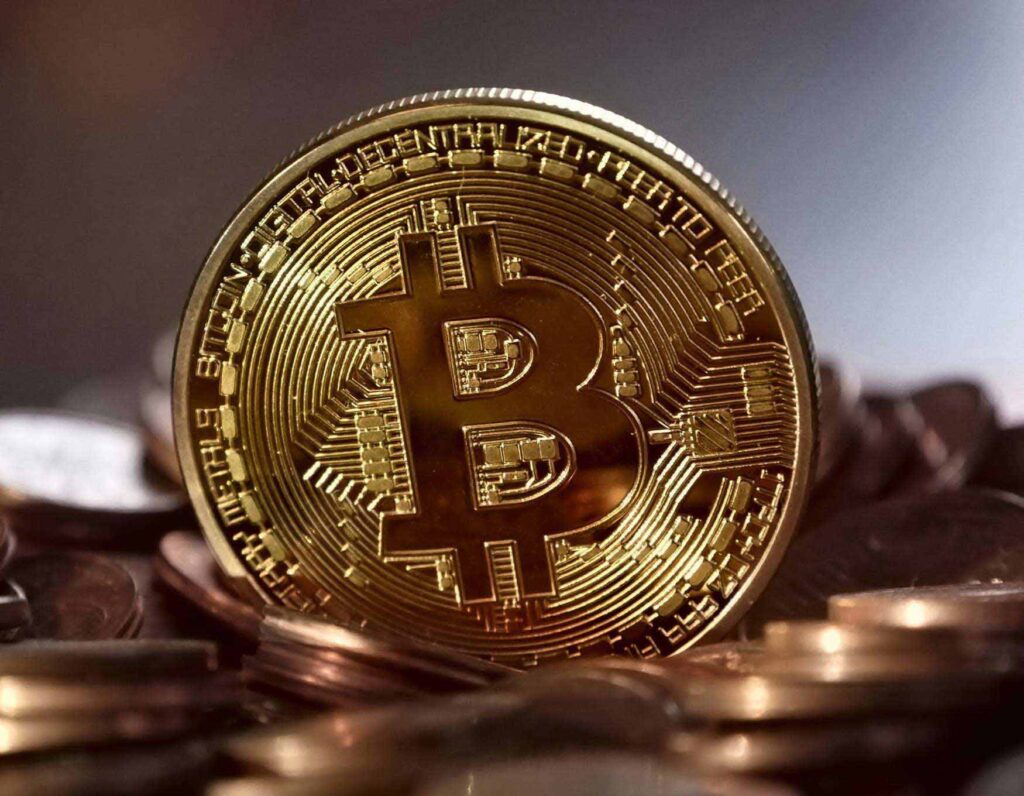
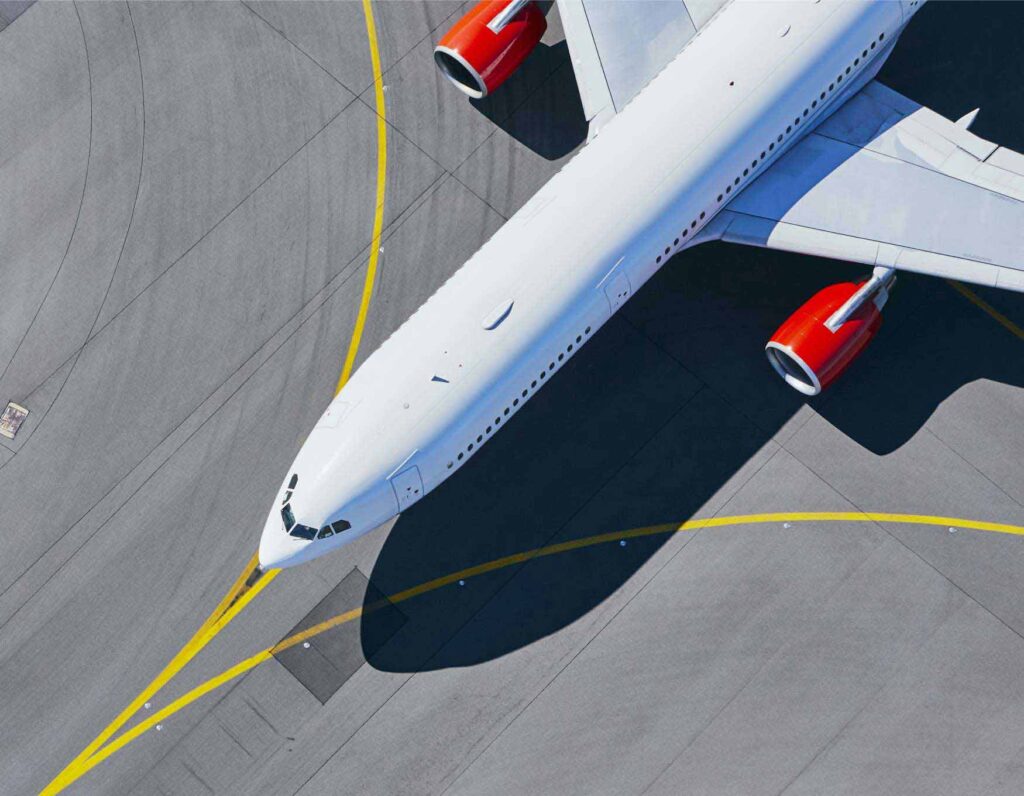



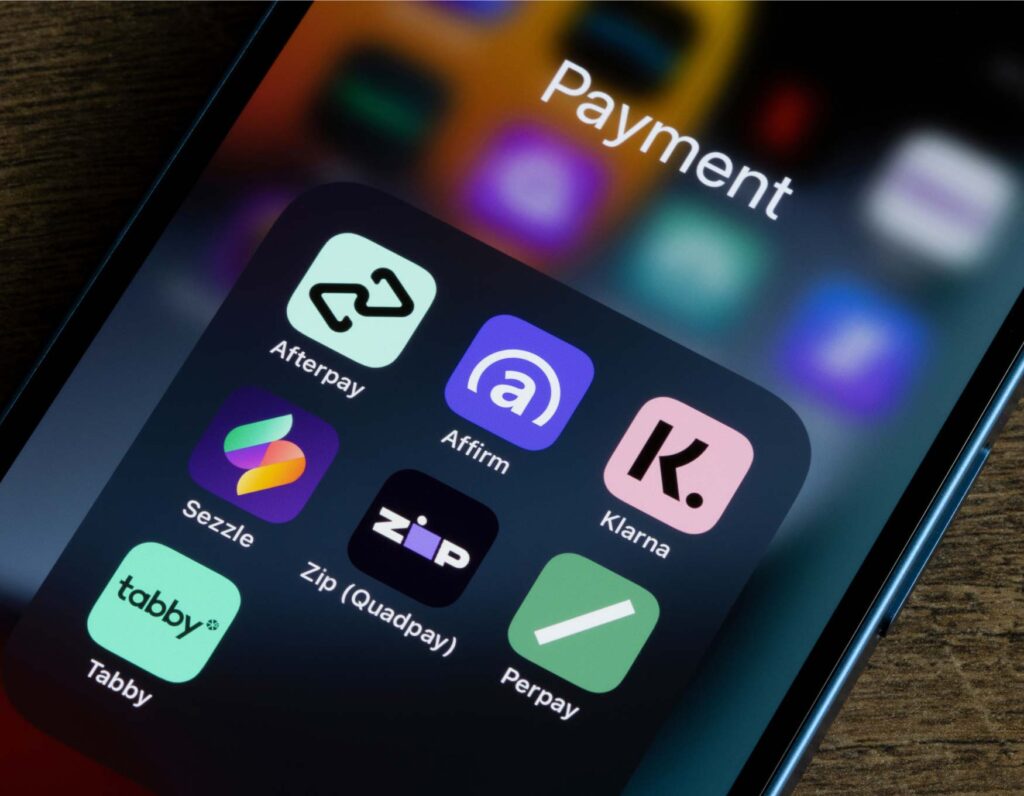
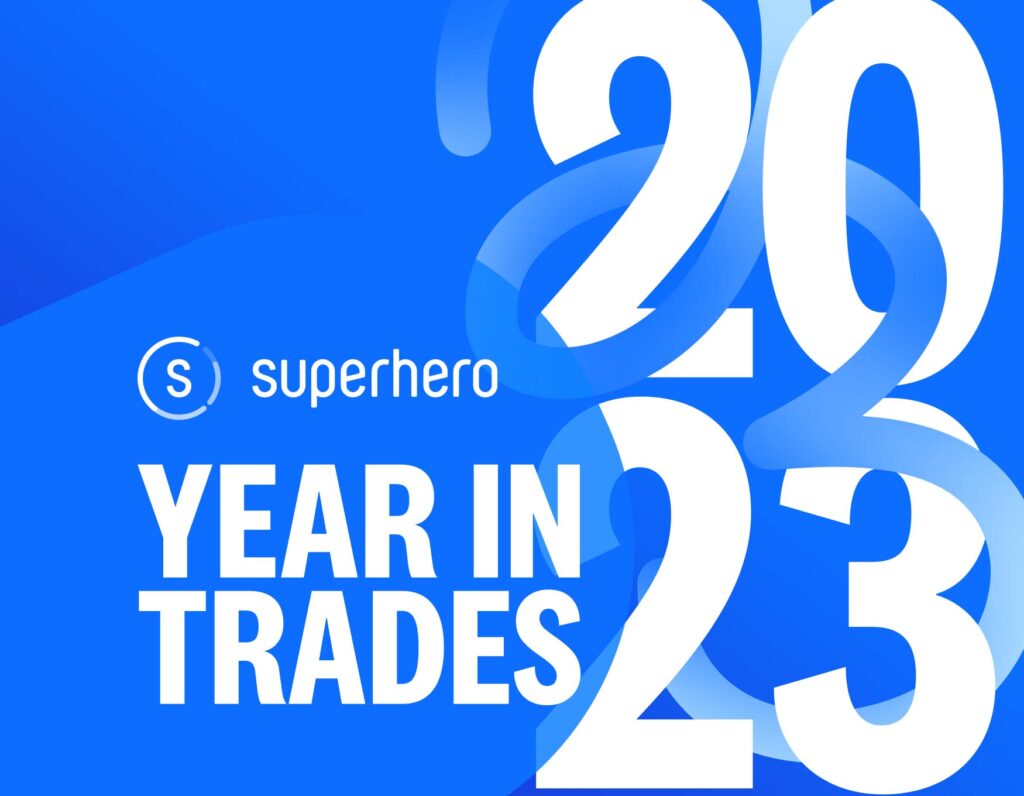
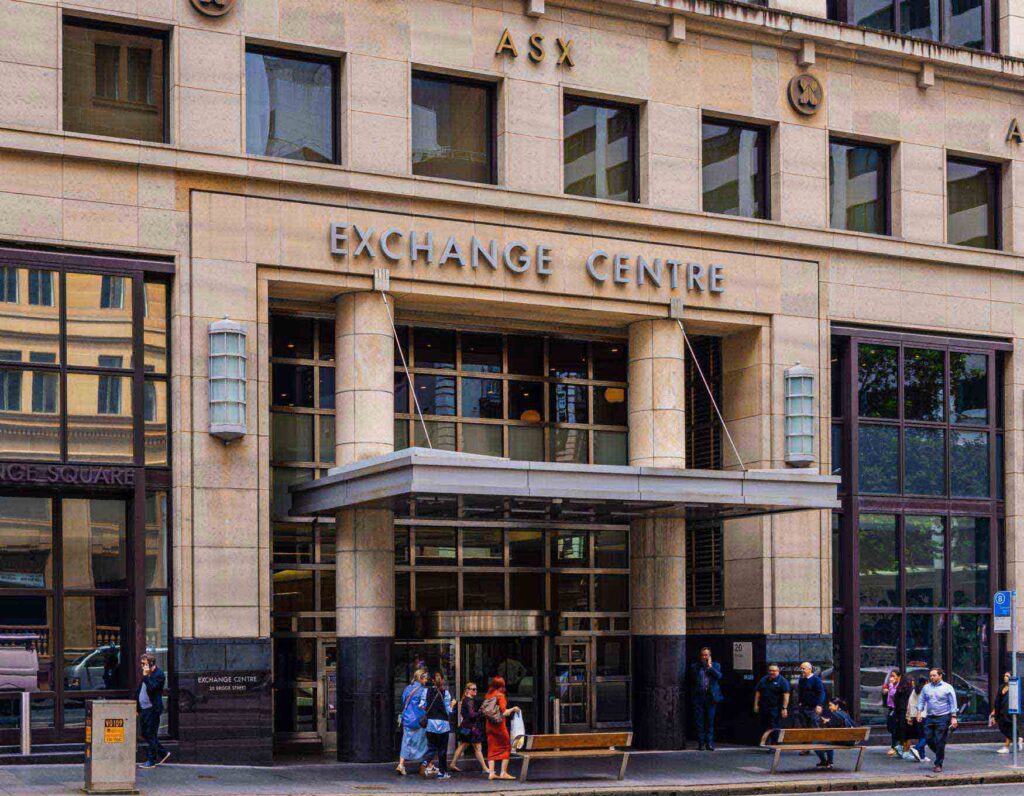

![The top ASX lithium stocks by trade volume and performance [2023]](https://www.superhero.com.au/wp-content/uploads/2023/06/24-03_blog_news_toplithiumstocks_hero@2x-1024x796.jpg)

